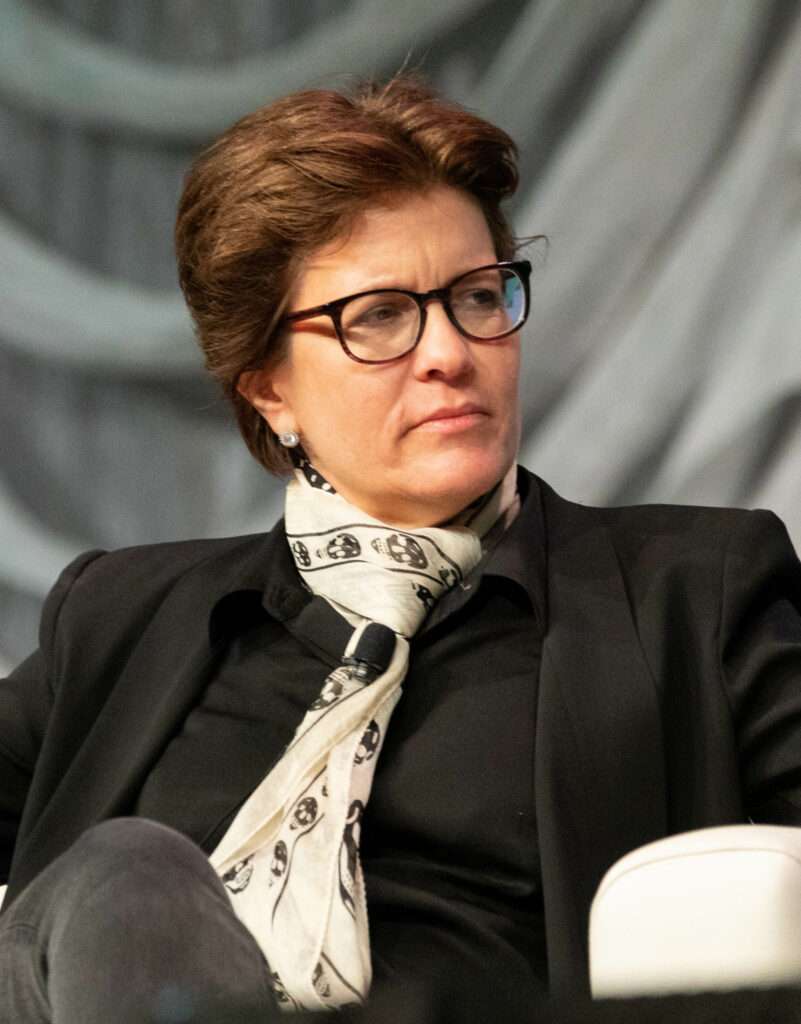What drives the success of some of the most influential figures in modern history? The answer lies not only in their vision but also in their relentless pursuit of innovation and leadership. Take, for instance, Elon Musk, whose entrepreneurial journey has redefined industries ranging from space exploration to electric vehicles. His ability to pivot and adapt has positioned him as a global leader, influencing policy and public opinion alike. Yet, it is not just Musk who commands attention; other personalities such as Gavin Newsom and Kara Swisher have carved out niches that reflect their unique contributions to society. From governance to journalism, these individuals exemplify how personal drive can shape collective futures.
Consider Gavin Newsom, the 40th Governor of California. Known for his progressive policies and outspoken nature, Newsom has leveraged both traditional and digital platforms to communicate with constituents. His Instagram presence alone boasts over one million followers, highlighting his engagement with younger demographics. Beyond social media, Newsom’s initiatives on climate change, healthcare reform, and economic recovery underscore his commitment to addressing contemporary challenges. However, his tenure has not been without controversy, particularly concerning executive decisions during crises. Despite this, his leadership style continues to resonate with many Californians, reinforcing his role as a key political figure in the United States.
| Personal Information | Details |
|---|---|
| Name | Gavin Newsom |
| Date of Birth | October 10, 1967 |
| Place of Birth | Sacramento, California |
| Family | Husband to Jennifer Siebel Newsom, Father of four children |
| Education | Bachelor's Degree from Santa Clara University |
| Career | Politician, Entrepreneur, Author |
| Professional Achievements | 40th Governor of California (2019 - Present), Lieutenant Governor of California (2011 - 2018) |
| Notable Projects | Focus on Climate Change Initiatives, Healthcare Reforms, Economic Recovery Plans |
| Reference | Official Website of the Governor of California |
In contrast, Howard Schultz, former CEO of Starbucks, crafted an empire centered around coffee culture. Under his stewardship, Starbucks grew into a multinational corporation generating $36 billion in revenue annually. Schultz’s strategy involved creating an immersive customer experience while maintaining ethical sourcing practices. By focusing on employee welfare—offering stock options and comprehensive benefits—he fostered loyalty within the workforce. This approach contributed significantly to Starbucks’ enduring brand identity. Although Schultz stepped down from active management roles, his legacy persists through ongoing corporate strategies aimed at sustainability and growth.
Kara Swisher, meanwhile, occupies a distinct space in the tech journalism landscape. Renowned for her incisive reporting and unflinching interviews, Swisher has become synonymous with insightful commentary on Silicon Valley dynamics. Her net worth reflects her successful career trajectory, marked by stints at prominent publications like The Wall Street Journal and Recode. Through podcasts and live events, she dissects complex issues surrounding technology, privacy, and corporate governance. Critics often laud her ability to challenge industry titans, thereby holding them accountable for their actions. Such transparency aligns closely with journalistic ideals, making Swisher an indispensable voice in today’s media environment.
Turning our attention to Elon Musk, his influence extends far beyond conventional business boundaries. As CEO of Tesla, SpaceX, Neuralink, and other ventures, Musk embodies the archetype of a modern-day innovator. His acquisition of Twitter (now X) further solidified his status as a disruptor capable of reshaping communication paradigms. While controversies surround certain aspects of his management style, there is no denying the transformative impact of his enterprises. For example, Tesla revolutionized automotive manufacturing by championing electric vehicles, whereas SpaceX pioneered reusable rockets, drastically reducing costs associated with space travel. These achievements highlight Musk’s capacity to envision possibilities others might overlook.
However, even visionary leaders encounter obstacles. Startups frequently falter despite identifying legitimate problems and developing viable solutions. Research indicates that poor execution, insufficient funding, or misaligned priorities often contribute to failure rates among emerging companies. Addressing these pitfalls requires strategic foresight coupled with adaptive flexibility—a lesson applicable across various sectors. Whether navigating governmental responsibilities, scaling multinational corporations, or pioneering technological advancements, understanding common pitfalls remains crucial for sustained success.
Finally, let us examine Casey Martin, whose creative endeavors exemplify passion-driven pursuits outside mainstream industries. An independent artist sharing content via Bluesky, Martin underscores the democratization of artistic expression enabled by digital tools. Platforms like Spotify amplify his reach, allowing audiences worldwide access to original compositions. Such democratization parallels broader trends observed in entrepreneurship, where barriers to entry continue diminishing thanks to technological progress. Consequently, aspiring creators now possess unprecedented opportunities to showcase talent globally.
In summary, whether analyzing political maneuvers, corporate expansions, journalistic integrity, or artistic innovation, patterns emerge revealing universal principles governing human achievement. Each individual profiled herein demonstrates exceptional qualities enabling them to overcome adversity and achieve greatness. Their stories inspire future generations to embrace challenges boldly, leveraging available resources creatively to forge meaningful legacies.



